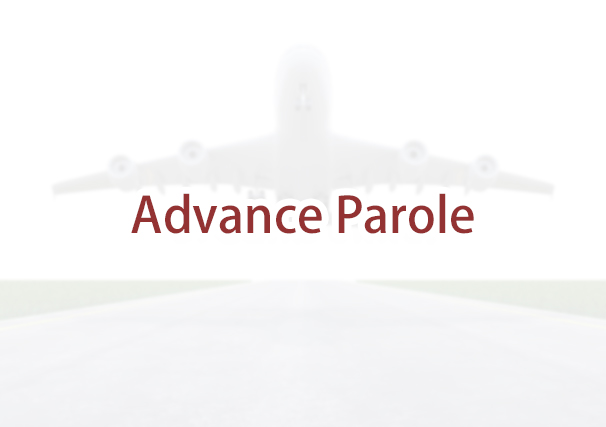
Question: I am currently applying for a green card in the U.S. on the basis of marriage to a U.S. citizen. My mother in China is sick, and I have to leave the U.S. immediately to go see her. If I leave the U.S. now, will I be allowed to return to the U.S.? Will leaving the U.S. affect my green card application?
Answer: If you are applying for a green card in the U.S. (a process known as “adjustment of status”), you should not leave the U.S. before you receive your advance parole document. If you leave the U.S. before you have an advance parole document, your green card application will be considered abandoned. In addition, even if you still have a valid nonimmigrant visa, if you try to reenter the U.S., U.S. Customs and Border Patrol will see that you previously applied for a green card and may deny your entry into the country. Also, if you accrued unlawful presence in the U.S., leaving the U.S. without an advance parole document may subject you to a 3- or 10-year ban. Of course, if you receive your green card, you can leave the U.S. at any time and do not need an advance parole document.
What is an Advance Parole Document?
An advance parole document is a type of temporary travel authorization. Certain non-citizens in the U.S. must obtain advance parole to receive permission to reenter the U.S. after traveling abroad without jeopardizing their status. An advance parole document permits a non-citizen to travel back to the U.S. without applying for a visa. Airlines are permitted to accept an advance parole document instead of a visa as proof that an individual is authorized to travel to the U.S. However, an advance parole document does not replace a passport.
Although an advance parole document is necessary to travel outside the U.S. while your green card application is processing, having such a document does not guarantee that you will be allowed to reenter the country. At the airport or border, a U.S. Customs and Border Protection officer will make the final decision regarding whether you may reenter the U.S. In other words, even with an advance parole document, leaving the country while your green card application is processing carries a degree of risk.
What if I have to leave the U.S. before I receive my advance parole document?
If you must leave the U.S. before you receive your advance parole document, USCIS will deny your Form I-485, Application to Register Permanent Residence or to Adjust Status. However,USCIS will continue to process your Form I-130, Petition for Alien Relative. After USCIS approves your Form I-130, you need to file Form I-824 to transfer your application to the U.S. embassy or consulate in your country.

ImmiFree.Law is The Harrison Law Firm P.C.’s online platform to make the family immigration and naturalization process more efficient, accurate, and affordable. Baya Harrison, Esq. is an attorney licensed in New York, Florida, and California. Attorney Harrison has helped numerous individuals and families navigate the U.S. immigration process, specifically family-based petitions and naturalization.